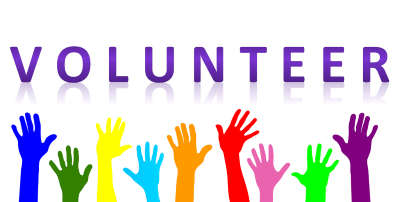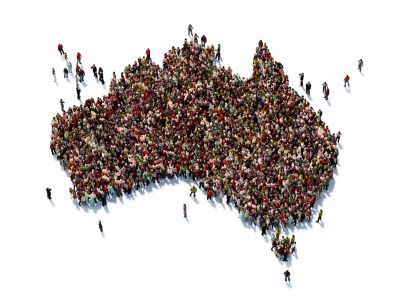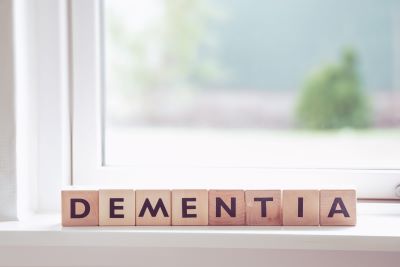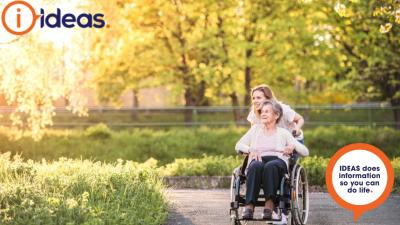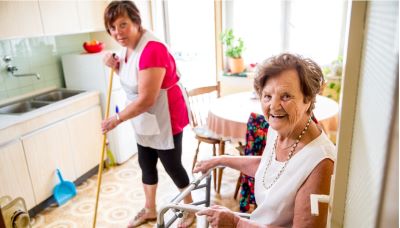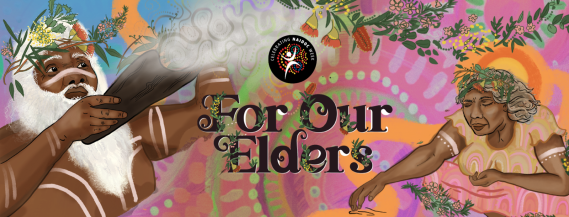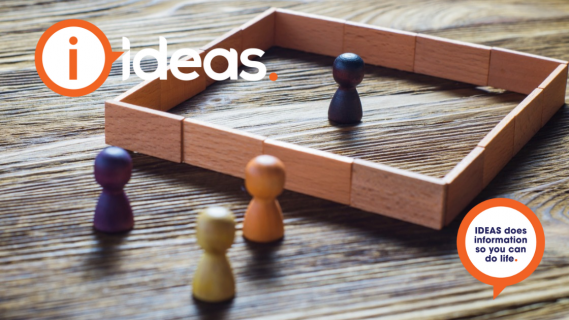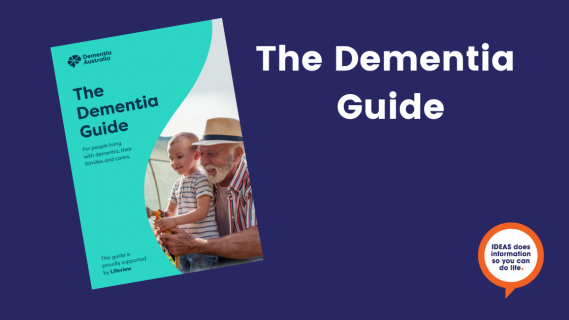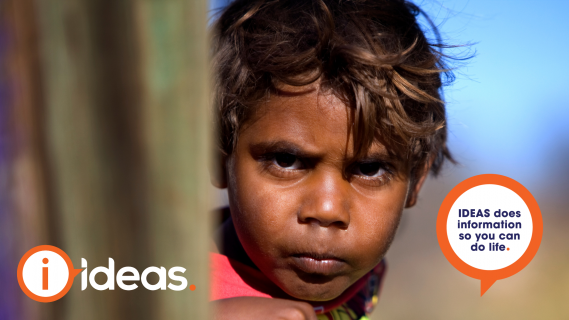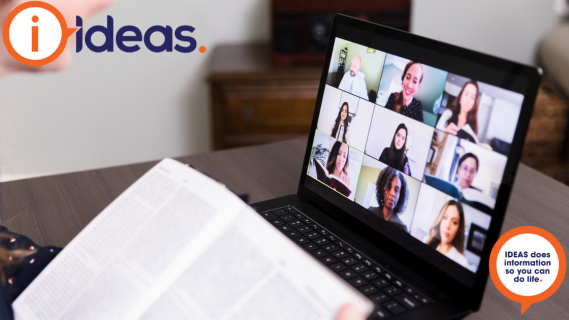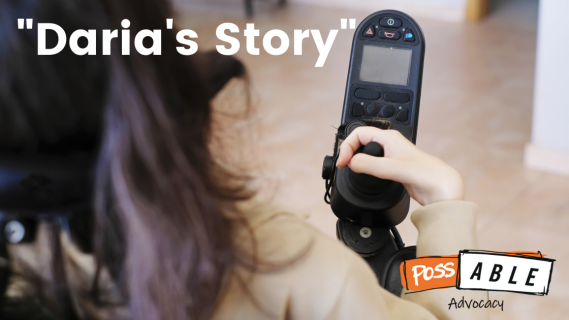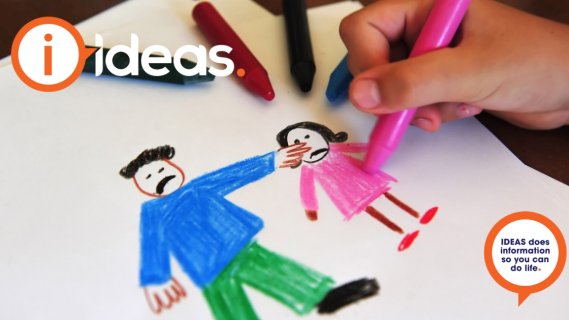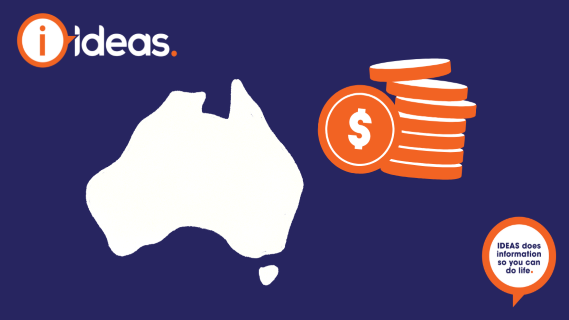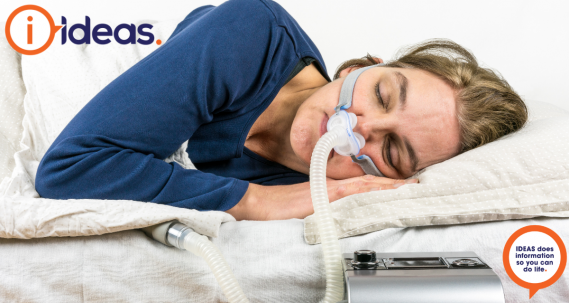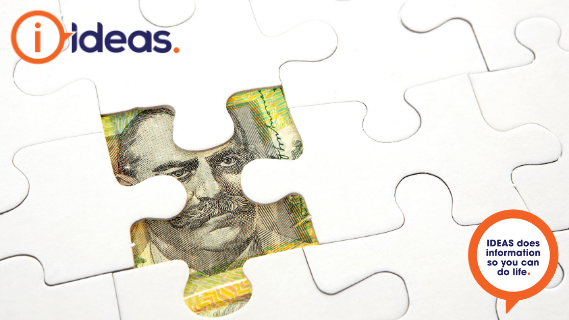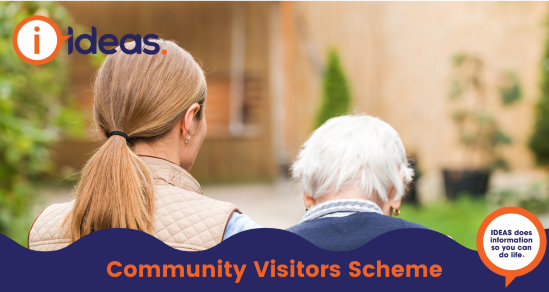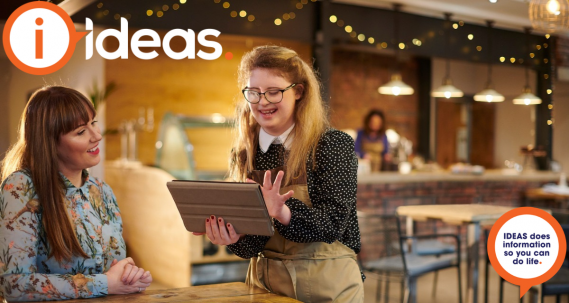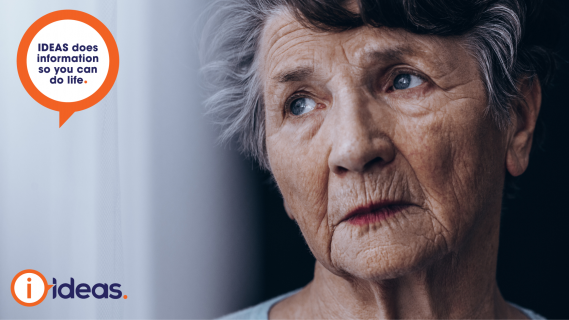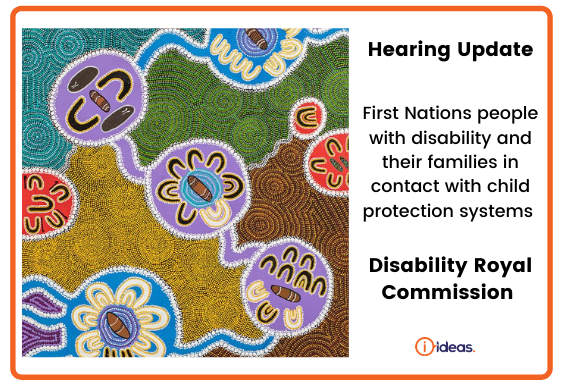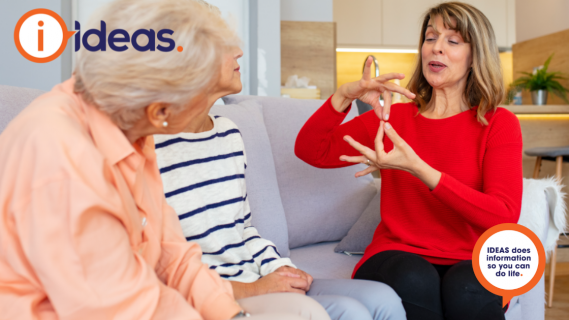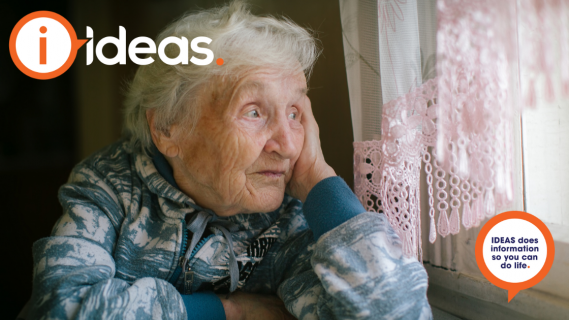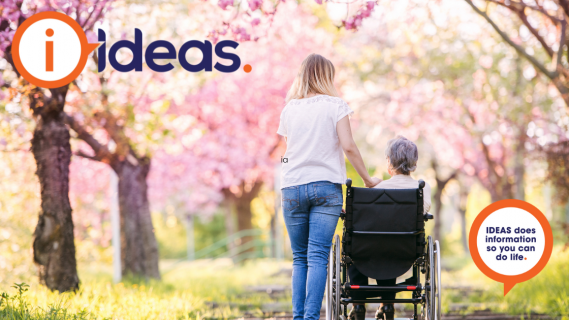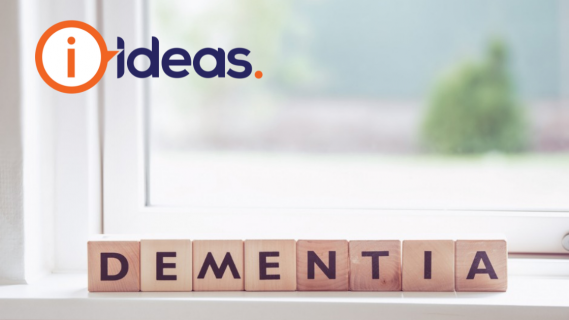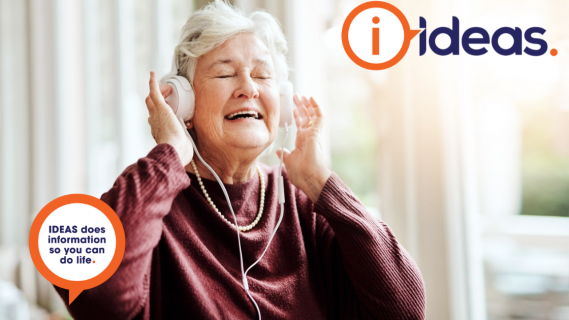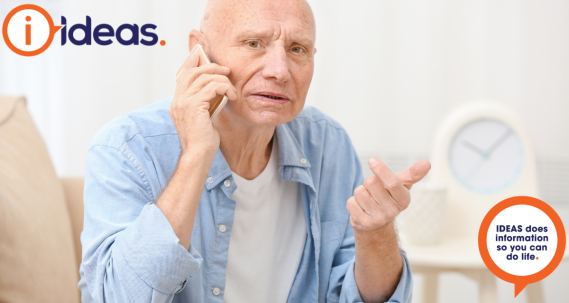2-minute read
Disability Rights are Human Rights
Disability rights are human rights and belong to each of us simply because we are human.
These rights are universal, so they belong to everyone no matter where we live, what culture or religion we are from, and what personal characteristics we have. This includes our gender, age, race, sexuality, and disability.
Australia has signed to say that we agree to the United Nations Convention on the Rights of People with Disability. It is known in short form as the CRPD. Australia first signed the treaty in 2008.
The guiding principles of the CRPD are:
- respect for dignity,
- individual autonomy,
- non -discrimination,
- inclusion and participation in society,
- accessibility and equality of opportunity.
Source: Australian Human Rights Commission
It is one thing to know we have rights and another thing to ensure that we can enjoy them in all aspects of our everyday life.
We need to know how to get our rights and who can help us if we need it.
We need to participate in our own decision-making. We need to be able to get supports to help us assert our own ability to make decisions for ourselves.
We need to be in charge of our own adult lives. This means that the people around us should presume that we have the capacity to decide important things for ourselves, like where we live, how we live, and who we love.
Article 5 of the CRPD reaffirms that people with disability are entitled to the equal protection and equal benefit of the law.
Australia has laws protecting people with disability against discrimination.
Discrimination happens when a person is treated unfairly or not given the same opportunities as other people because of their disability.
The Disability Discrimination Act 1992 (Commonwealth) makes discrimination against a person with disability against the law. It promotes equal rights, equal opportunity, and equal access for people with disability in every part of their life. For example, housing, education at school and university, gaining a job, having your own money, choosing friends, being able to access information and entertainment, playing sports, practising arts, and getting the best healthcare, and well-being including mental health.
How to preserve your human rights
People with disability need to be aware of how they can make complaints about services, or discrimination or exclusion to ensure they experience their rights in their everyday life.
- Sometimes they can do this entirely themselves
- They may need an advocate or solicitor to assist them make a complaint
- They may need their family or other supporters to help them assert their rights.
Here are a set of links to help you out.
Rights
Australian Human Rights Commission: Know your rights: Disability discrimination
Australian Human Rights Commission: A brief guide to the Disability Discrimination Act
How to Complain
Australian Human Rights Commission: Complaints under the Disability Discrimination Act
Australian Human Rights Commission: Information for people making complaints
Advocacy Services
Disability Advocacy Network Australia (DANA)
NDIS Quality and Safeguards Commission: How an advocate can help you
Dept of Social Services: Disability advocacy for individuals
Article 12 of the CRPD ensures that countries like Australia make sure that people with disability can exercise legal capacity in all aspects of their life and receive appropriate support to do this if required.
This idea now usually called supported decision making is gaining ground all around the world.
The main elements of supported decision-making in practice are:
- Assume I can.
- Understand me and my preferences.
- One decision at a time.
- I can change my mind.
- Are the right people included?
- Explore all the options.
- It is up to me to make decisions about my life.
- I can explore by experience.
- Understand and have the right assistance for me.
Click here to see ten short videos on this site that explain the concept well.
Source: Western Australia's Individualised Services
See these two videos about decision-making for ourselves.
These principles outlined below represent how people without disability can act to best support the decision-making of those of us with disability. It comes from the Mental Capacity Act (MCA) in the United Kingdom
The five principles applied to care and support planning (MCA) UK
- Assume capacity unless there is evidence otherwise.
- Do not treat a person as unable to decide unless you have done all you can to help them reach that decision.
- Unwise or eccentric decisions do not of themselves prove a lack of capacity.
- If you are deciding for or acting on behalf of, a person who lacks capacity, you must do so in their best interests.
- Look for the least restrictive option that will meet the need.
Source: Social Care Institute for Excellence (SCIE): Human rights, choice and control



